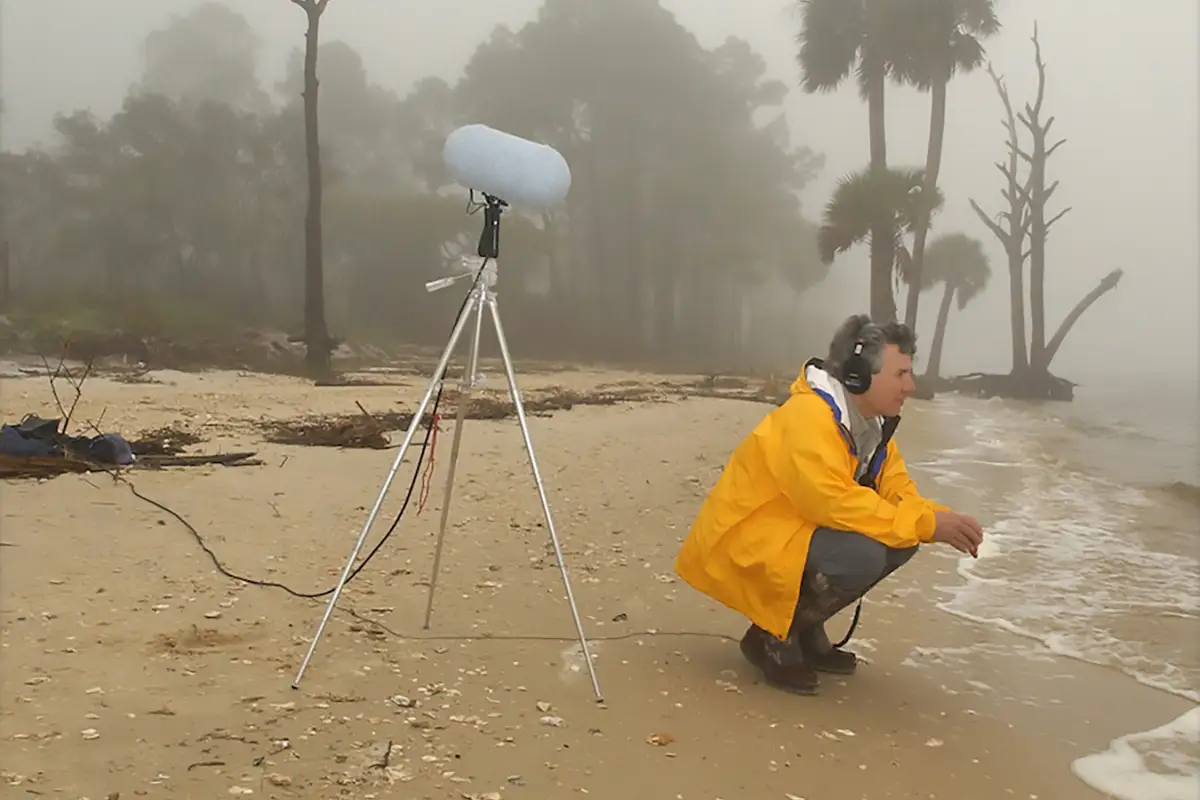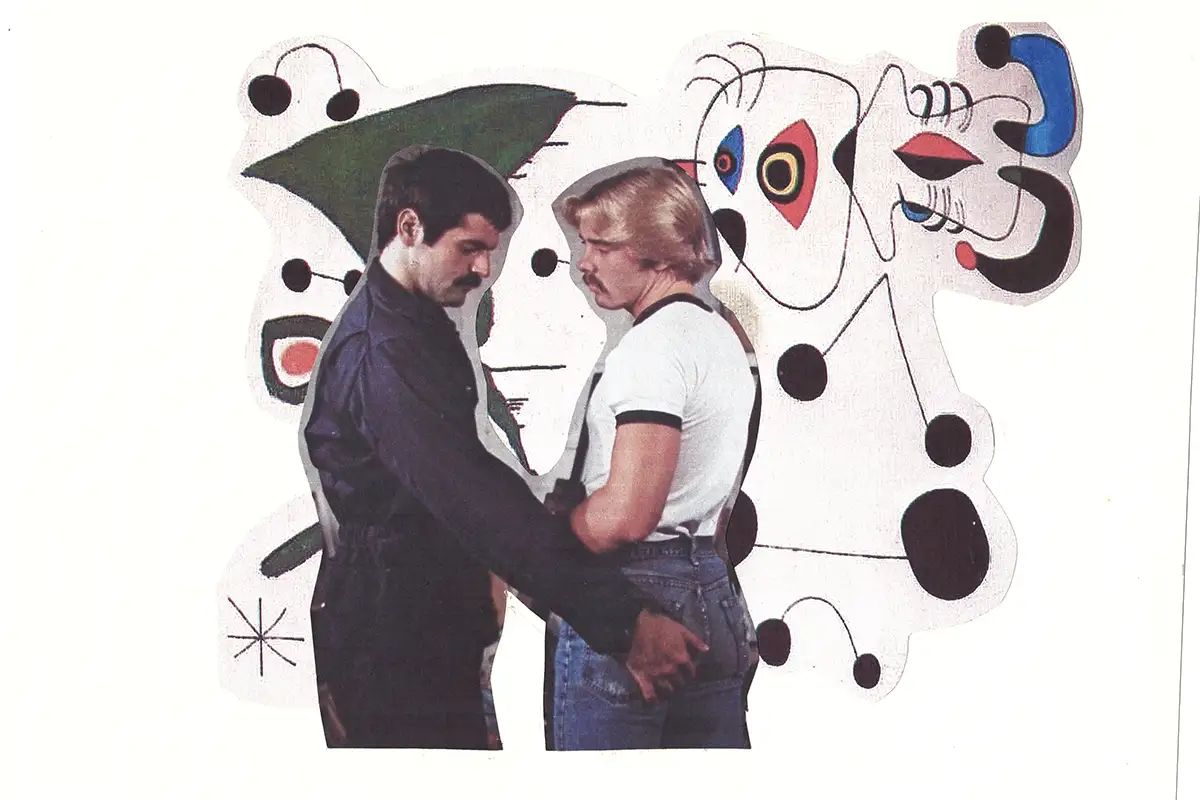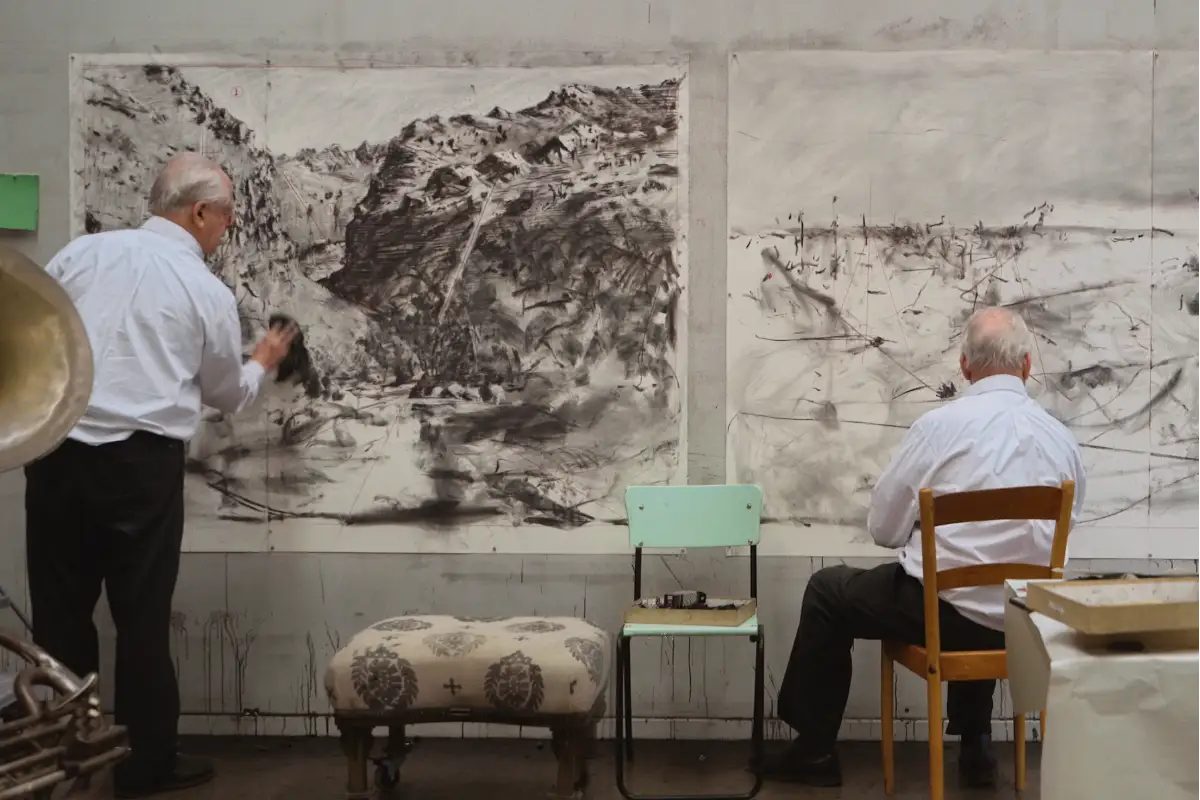Moellhausen won gold in individual épée at the 2019 World Championship in Budapest, Hungary, making her the fourth World Champion in Women’s Individual Épée
World Championship of Fencing
On the piste, Nathalie Moellhausen fenced with Sheng Lin, her opponent who represented China for the women’s division of the sport. Her knees bent as she skipped back and forth until she jabbed the hilt of her épée, the blunted fencing weapon she used, hitting Lin’s torso and scoring a point.
The crowd applauded and roared as Moellhausen won gold in individual épée at the 2019 World Championship in Budapest, Hungary, making her the fourth World Champion in Women’s Individual Épée. «In the past, I would be a runner-up against Sheng Lin, but that day, I won. While my years of training and dedication fueled my strength, it was my perception and the way I perceived her that made me win».
The role of perception in sports
Perception comes from the Latin words perceptio and percipio which mean to receive, collect, take possession of, and apprehend with the mind or senses. The cognitive science, philosophy, and psychology may refer to the term as the process of attaining awareness or understanding of sensory information, as written by Qu Qiong, a lecturer at the School of Foreign Languages at Huizhou University in China and the author of the paper titled A Brief Introduction to Perception.
In his paper, he divides perception into three stages: Selection acts the first phase where individuals convert the stimuli – the incidents or events that incite to activity – into a meaningful experience, perceiving only part of the information from the environment through a selective process to refrain from undergoing information overload or disorder; Organization comes up as the second stage where finding patterns from the consumed information occurs, allowing individuals to shape, color, texturize, and measure the social and physical events or objects they have encountered; and Interpretation concludes the process where individuals attach meaning to the selected stimuli, shifting the way people react towards an incident or event.
Drawing from such foundations, Moellhausen has been refining the way she perceives her opponents in fencing matches. «When it comes to my opponents, what matters is not who they are as a challenger, but how my relationship with them functions. They have a flag, a country, a culture, a story, an educational background, a set of techniques during the game, and they possess a combination of nuances that makes up the person in front of me, triggering what their reactions will be when they face me. Emotions drive these reactions that rise out of us. There are opponents who may be better than the others, but what matters the most is their value towards rivalry. The more I study their emotions and reactions based on my perception and their view on our rivalry, the more I realize and accept that my opponent is more or less someone who is mentally and emotionally strong. Through this, I draw my motivation. What remains hidden from the public is any emotion I evoke as once I show it, it may create fear».
How to face one’s fears
An example of fear she suffered through from showing an emotion befell when her coach asked her to dive in the indoor swimming pool of a training camp one morning. Moellhausen took a deep breath and held it in, jumped into the pool, and gasped as the frost shocked her nerves. She attempted to stay afloat and curbed her panic while her coach told her to stay in the water for as long as she could. She swam back to the edge and rose out as soon as she heard it.
«When I jumped, I reacted as if I suffered so much and experienced mixed emotions as the panic continued. My coach told me I should work on my relaxation and breathing and practice such an attitude. In the same morning, I took a quick break, analyzed my breathing techniques, and jumped back into the pool». Moellhausen acknowledged that she felt no comfort in the exercise, closed her eyes, repeated the mantra in her head, showed no signs of emotions, and stayed in the water for more than thirty seconds.
She describes her actions as facets of the dubbed World of Emotions, a driver of one’s actions and Moellhausen’s device to shy away from the public’s opinion over how an Olympic athlete should express themselves. «When I fence, I have to embrace a character and wear a mask, depending on the context I am in. Behind these, like any other human being, I have a personal world, a place only I know about. As I toy with my emotions in this inner self as part of my preparation for the match, I can employ and improve emotions which impact the battle and final result of the competition».
Lampoon talks to Natalie Moellhausen
In the paper, The impact of emotion on perception, attention, memory, and decision-making by Tobias Brosch, Klaus Scherer, Didier Grandjeana, and David Sander, emotion, cognition and senses, intertwine as the latter elicits the former while the former modulates and guides the latter to adapt to the environment. Emotion determines how one perceives the world, organizes memory, and makes decisions.
Once it goes awry, it convulses to partiality and biases, but serves as a driver of rationality when it functions at a normal state. Grounding Moellhausen’s emotions to fuel her cognition turned into a state of mind that supported her decision to represent Brazil as an Olympic Athlete. Up until 2013, the Italian, German, and Brazilian épée fencer represented Italy taking part in World Cups, Grand Prix and World Championships all over the world and winning multiple bronze, silver and gold medals. In 2012, she formed part of the reserve team for the London 2012 Summer Olympics.
A year later, she took a break. In 2014, she returned – this time, she gave up Italy, a known powerhouse in the sport of fencing, for Brazil. «This is an example of what I had to hide – the reason why I took such a step. It was my own truth that I could not share to the public until I won as they would not have understood. Now, I can say that the reason has been my advocacy in fencing, which is not only to be an Olympics athlete or a World Champion, but to build on this art and make it known, and Brazil is a country where fencing is not popular and considered as a fairly new sport».
Her grandmother has been the voice of her decision, a tape recorder in rewind telling Moellhausen she should have chosen Brazil in the first place as she would have seen how much change she could have done for the country. Once she kept such a reasoning in mind, she transferred teams regardless of the public’s reaction that she did so due to how easy it would be to represent Brazil.
«The consequences I had to face were related to the judgement I felt about leaving the Italian federation. Moving from a powerhouse to a less strong federation resulted in people thinking that I betrayed and forgot my country and roots to be known for another. Even Brazil questioned my decision to move until I won my first match. I remember my psychologist told me after I asked for help that when I recognized myself and my fears, they may impact my actions, work, and relationships. I knew I had the talent and was working hard, but something else went missing. I was no longer confident, and it confused my inner self. Italy did not recognize me anymore while I had not had Brazil’s recognition yet».
To display the certainty of her decision, Moellhausen trained under Esporte Clube Pinheiros and won gold at the 2015 Pan American Fencing Championships, represented Brazil in her Olympic debut at the Rio 2016 Games where she entered the quarterfinals and finished sixth, a first for any Brazilian fencer. Months after she won the 2019 World Championship in Budapest, Moellhausen picked up the call from her grandmother only to hear her say «I told you I was right».
Athlete’s routine to prepare for the Olympics
The Olympic fencer trains every day to prepare for the upcoming Tokyo 2020 Olympic Games in Japan from July to August 2021. With less than two months left to practice, her daily training routine has upped and varies depending on which fencing skill to harness and part of the body to strengthen. At the time of Lampoon’s interview with the fencer, she positioned at the Olympic Preparation Center of Formia in the province of Latina and by the Mediterranean coast of Lazio in Italy, between Rome and Naples.
She wakes up early in the morning to undergo physical training for her core, muscles, speed, and endurance with fencing lessons and matches, boxing, karate, and swimming on the side. After lunch, she has an afternoon break before returning to training from five to seven pm. The fencer compares herself and her training to a tree where the feet serve as the roots, the foundation of the being, and the legs act as the trunk to support the movement and the flexibility and strength of the arms, which mirror the branches and leaves. During her breaks, she checks in with her consultancy agency 5Touches, a platform she established during her 2013 break as an athlete and where she shares her lifestyle, her creativity as an artist, and her network of selected experts who seek to assist those who desire to improve their well-being.
The brand’s logo depicts five fencing blades forming a V-shape where the center sword represents the axis, the balance of life, and the five swords signal the branches of the agency: The Physical Touch anchors Moellhausen’s training programs such as electro-stimulation muscles, fencing, and functional training, and Dance of the Blades, her version of fencing and dance combined; The Mental Touch provides mental therapies and workshops, fencing conferences and motivation pistes, and team building; The Culinary Touch aims to educate seekers about food rather than drafting them a diet plan; The Artistic Touch glides through art direction, performing arts, and visual productions; and The Stylish Touch which concerns the fashion, design, and accessories an Olympic athlete may wear plus her Master5, a customized dummy used for fencing training. Through 5Touches, Moellhausen wishes «to expand my perspective on fencing, turning this sport into an art and lifestyle. Life as a fencing piste is a journey that starts with self-learning and mastership, which allows self to transmit this experience to others».
Tokyo 2020 Olympic Games
While training for the Tokyo 2020 Olympic Games, Moellhausen modulates her ego to not overestimate herself. «My discipline épée obliges me to remove my ego, which may be fed by my actions and the past. I remind myself that I may win today and lose tomorrow. We have to deal with such an awareness every day. One cannot stand on their previous results; they have to move forward and possess the ability to respect their opponents as they evolve. I am not the same person who won the championship in 2019 though I conquered the moment. I am constantly changing, so I have to be humble, or I will make the mistake of thinking that I am the world champion, which is not true».
In light of her championship in 2019, she dedicates her win to her father who taught her the value of freedom and passed away the year before she championed in 2019. «My father taught me that freedom has a price. If one wants to do what they want to do, they have to pay the price». In her journey as an Olympic fencer, Nathalie Moellhausen has gotten the worth of the price she paid.
Nathalie Moellhausen
Moellhausen was born in Milan to an Italian-German father and a Brazilian mother and thus holds dual citizenship. She began fencing at the age of five at her school. She initially fenced for the Italian team taking part in World Cups, Grand Prix and World Championships all over the world and winning multiple bronze, silver and gold medals. In 2012, she formed part of the reserve team for the London 2012 Summer Olympics. A year later, she took a break. In 2014, she returned – this time, she gave up Italy for Brazil. Representing Brazil, she debuted at the Rio 2016 Games where she entered the quarterfinals and finished sixth, a first for any Brazilian fencer. In 2019 she won the World Championship in Budapest.




















